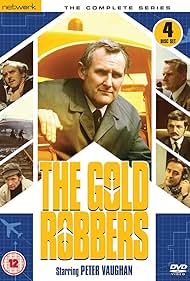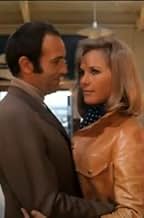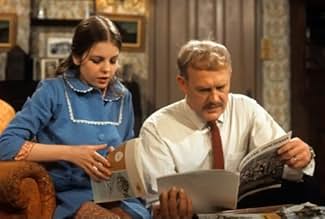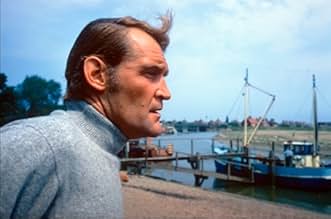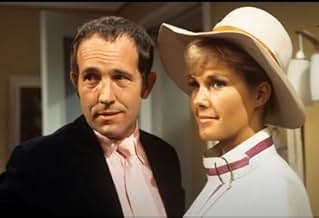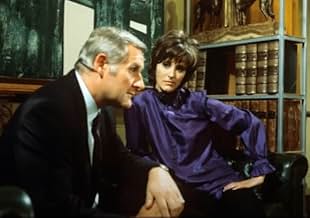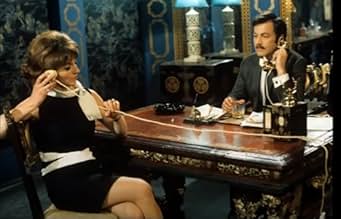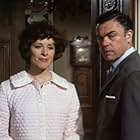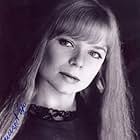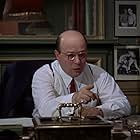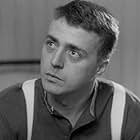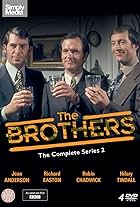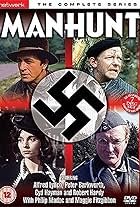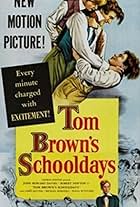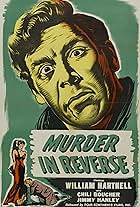One of the last major British TV productions to be shot on tape in black and white, this looks rather grainy today, but don't let that put you off: it's compelling viewing.
The first episode starts with the gold robbery itself, carried out with military precision. This is recapped at the start of the proceeding twelve, but angled as an introduction to the particular participant under investigation. Holding it all together is the robbers' nemesis, D.C.S. Cradock, a towering performance from Peter Vaughan. He is ably supported by the mellifluously voiced Welsh actor Artro Morris as D.S. Tommy Thomas. The individual robbers are portrayed with conviction by some of the leading British actors of the day, and the situations and the dialogue are convincing, allowing for the limits on swearing on TV in those days. Violence is inferred, rather than explicit, though there is one scene that still has the power to shock, with the discovery of the charred remains of a smaller, rival mob, the latter seemingly based on the notorious 'torture gang' run by the Richardson brothers. Cradock emerges as a truly heroic figure when his investigations lead to the murky world of The City, endangering his career, and the ending is bleak and uncompromising. It reflects contemporary concerns over links between violent criminals and the establishment, seen in the then recent Kray trials, amongst other instances: also the widespread belief in the existence of a shadowy 'Mr Big' behind the Great Train Robbery. (There were also links between the underworld and entertainment, and John Bindon, a violent thug and sometime actor, turns up in a couple of episodes). Another poster speculates whether Richard Bolt (Richard Leech) could have been based on Murdoch, but as he was just making his mark in Britain and tended to be regarded as a colonial upstart, I think that Cecil King, a megalomaniac who owned the Daily Mirror, once plotted a coup against the Wilson government and had business interests in Africa, is a more likely candidate.
